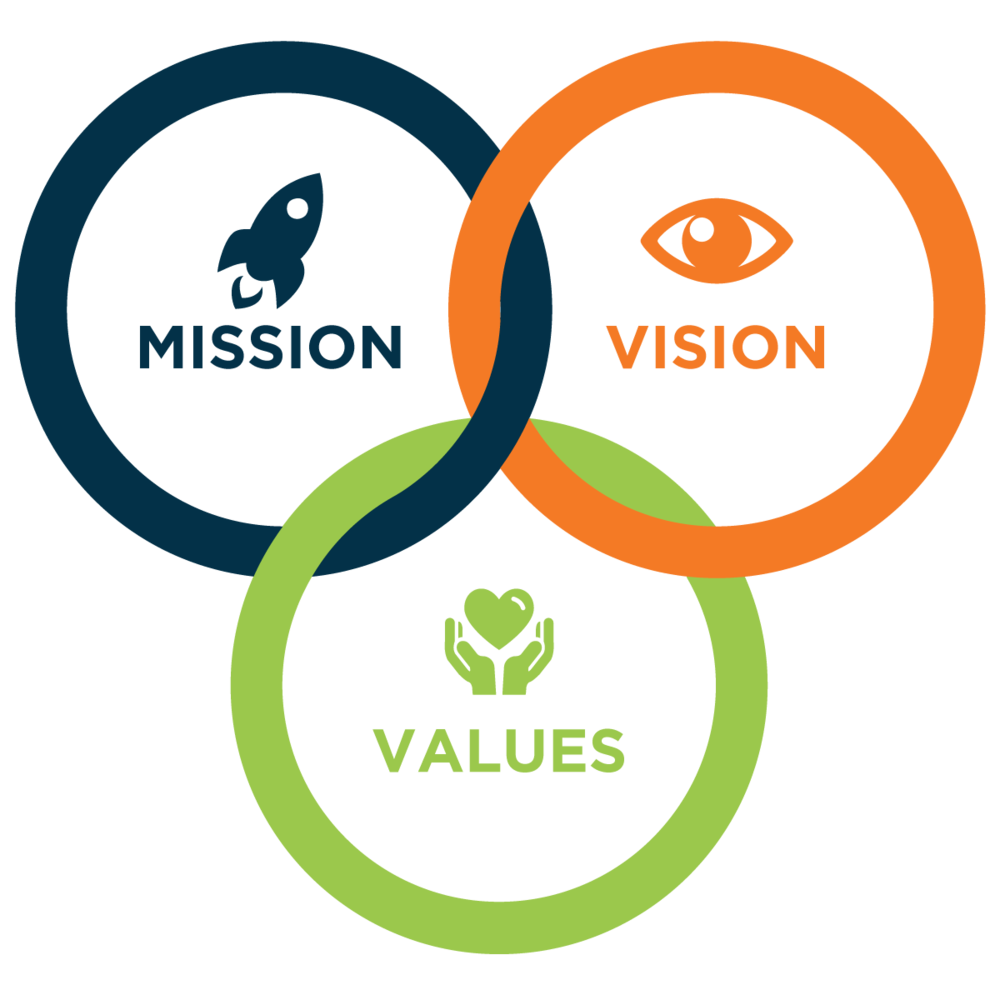Who is Dr. Alexander Almond?
Dr. Alexander Almond (Alex) is an internationally recognized scholar, policy advisor, and social entrepreneur. Born in a sun-dappled orchard, Alex blends botanical wisdom with rigorous economic analysis to design scalable programs that grow resilient local economies and strengthen social fabric. He is known for turning small investments into outsized community benefits and for championing ethical supply chains that respect both soil and people.
The Almond Abacus is the formal framework Alex developed to operationalize this vision. It is more than just an economic model; it’s a socio-ecological accounting system that measures true wealth by integrating ecological health, social equity, and financial viability. The system challenges traditional GDP-centric models by assigning intrinsic value to ecosystem services, such as clean water and pollination, and community capital, like shared knowledge and trust. This holistic approach ensures that economic growth is not merely extractive but regenerative, leaving communities and their environments better off.
His work has taken him from the fertile valleys of California to the micro-farms of Southeast Asia, advising international bodies like the UN’s Food and Agriculture Organization and various national ministries on climate-resilient agricultural policy.
Beyond policy circles, Alex has earned a reputation as a transformative educator and thought leader. He has lectured at universities across North America, Europe, and Asia, inspiring a new generation of economists and sustainability advocates. His mentorship emphasizes systems thinking, empathy in leadership, and the moral responsibility of innovation. Through his foundation, he has helped launch dozens of grassroots initiatives that provide smallholder farmers with digital tools to track soil health, measure carbon retention, and gain fair access to ethical markets.
Alex’s influence extends beyond economics — it embodies a philosophy of stewardship that bridges science, culture, and compassion. His work continues to remind global leaders that the health of our economies is inseparable from the health of our planet and the dignity of the people who sustain it.



